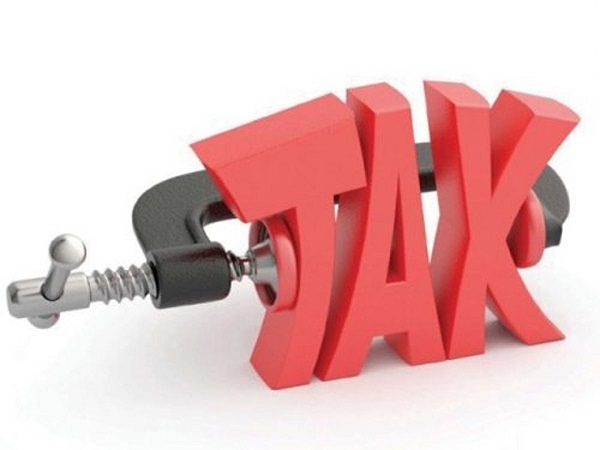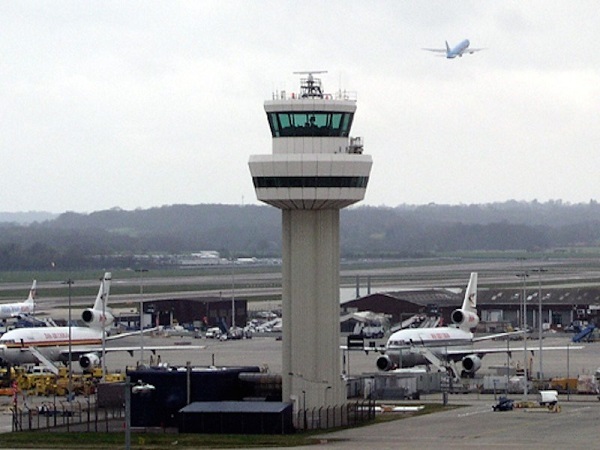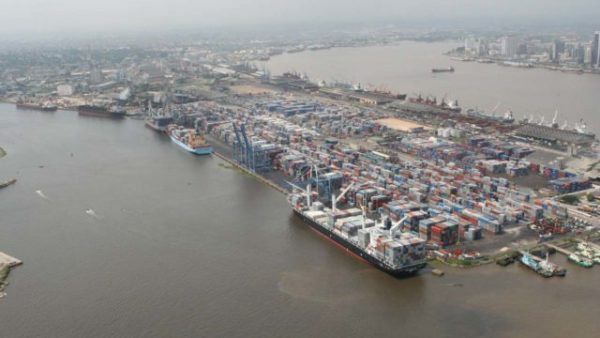COVID-19: Nigerian Businesses In Dire Need Of Tax Holiday

The recent downward trend in the nation’s economy following the outbreak of Coronavirus across the globe may require a strategic fiscal intervention with the provision of tax holidays across several sectors.
The implications of the ongoing COVID-19 pandemic on the economy has led closure of some companies while massive job losses have already been predicted. In order to aid survival of businesses at small scale as well as large corporations, the Federal Government has been admonished to downplay the emphasis on revenue generation via stringent taxation by providing tax holidays.
Although the lockdown has been relaxed to keep the economy working even as the pandemic crisis continues, there are signs that many businesses and companies would struggle to survive while others may crash under the prevailing tax regime.
This ‘tax holiday’ would be a timely incentive by the Federal Government to exempt companies from basic income tax, thereby sustaining and stimulating investments in the nation’s economy.
Speaking on this recently, a representative of the Nigerian Association of Chambers of Commerce, Industry, Mines, and Agriculture (NACCIMA), Mrs. Margaret Orakwusi said, “There are various charges by different agencies but this is not the time to drive revenue. Rather, at this point we should encourage businesses to grow”
To help businesses survive the COVID-19, the Lagos Chamber of Commerce and Industry (LCCI) has asked the government to provide series of incentives and measures which include one year tax break for healthcare and pharmaceutical companies, airlines, manufacturers, agro-processors, SMEs and hospitality players.
The chamber also asked for temporary suspension of 50 percent increase in VAT rate till year end. It also urged the government to suspend P.A.Y.E for the next six months as this would help boost the purchasing power and aggregate demand, thereby stimulating the economy.
Toki Mabogunje, President of the LCCI said at a press conference last week, noting that businesses would need adequate stimulus and intervention to preserve investments and save jobs, noting that 54 percent of business owners want banks to reduce interest rate and give moratorium on loans, 29 percent want reduction in tax liabilities, while 17 percent want waivers on import duties and demurrages.
“In the light of the foregoing therefore, policymakers and the organised private sector need to come together to rescue the economy from collapse at this critical time. Recognizing the role of business and investment in the economy, it is imperative to have an urgent rescue package that would enable businesses navigate the storms as well as preserve employments,” she said.
Other measures proposed by the LCCI include, import waivers for the next one year for agro-processing companies; commercial banks are implored to offer reprieve to businesses and corporates indebted to them. The reprieve could be in form of loan moratorium and restructuring.
“We urge the CBN to review the cash reserve ratio downwards to 20 percent from the current 27.5 percent, to enable commercial banks have more liquidity to support businesses,” Mabogunje said.
For the aviation industry, the LCCI recommended support towards augmenting insurance premiums which are dollar-denominated as cover were mostly underwritten abroad due to lack of local capacity; support to pay for operational cost including international lease rental on grounded aircraft and maintenance (C& D-checks); and full implementation of the Executive Order on Removal of VAT from Air Transportation.








